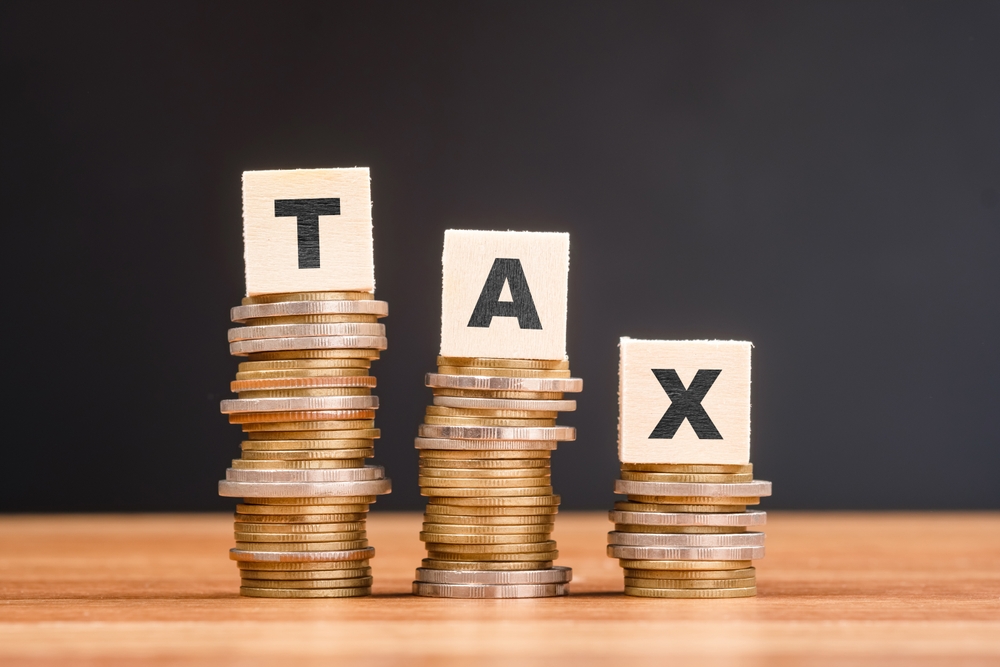News
State pension hike welcome but brings tax risk

Pensioners have been warned that they may be at greater risk of paying tax on their income as a result of the latest increase to the state pension.
The state pension increases by 10.1% with the start of the new tax year, as a result of the triple lock. The triple lock guarantees that the state pension will increase each year by the largest of the following:
- The rate of inflation
- The rate of wage growth
- 2.5%
The increase means that the single-tier state pension will pay up to £203.85 per week, which works out at £10,600.20 per year. Meanwhile those receiving the old basic state pension will see their weekly payments rise to £156.20, or £8,122.40 over a year.
However, Standard Life has warned that while the increase is welcome for older people, it does increase the risk of pensioners paying Income Tax.
Freezing the personal allowance
Everyone enjoys a personal allowance, which dictates how much you can earn in a single tax year before paying Income Tax on the money you bring in.
This allowance has been frozen since 2021/22 at £12,570, with the government confirming that it will remain at this level until 2028.
Standard Life pointed out that as a result, the income from the full new state pension accounts for 84% of the personal allowance, up from 77% in the 2022/23 tax year.
As a result, pensioners only need to bring in a further £1,969.80 of income in order to start incurring tax.
Protecting incomes
Dean Butler, managing director for customer at Standard Life, said that more and more people would be brought into the tax system as a result of the freezing of the personal allowance, and noted there were things those whose annual income might be around the allowance limit could do.
He explained: “While 25% of pension savings can be withdrawn tax free, the remainder can be taxed. For those incomes hovering around the personal allowance, it’s worth ensuring they’re not taking bigger lump sums on which they might pay tax if they can be avoided. If they do have any ISA savings, these are not subject to income tax so could be useful source of additional income.
Butler added that an income of around the level of the personal allowance is still below the estimate of what is needed for the minimum standard of living in retirement by the Pension and Lifetime Savings Association (PLSA).
As a result, people in this position may already be struggling financially, even before they incur a tax liability.
He continued: “It’s worth anyone finding it difficult to get by each month checking what state benefits they might be entitled to – a good first port of call is to visit the benefits calculators page on the government website GOV.UK.”
When can I afford to retire?
There had been speculation that the government would look to bring forward the planned increase in the state pension age to 68, though this has now been quashed.
Previous research has suggested that millions of workers aged over 55 plan to work beyond the state pension age in order to boost their incomes in retirement, while there has been a record rise in employment of those aged over 65.